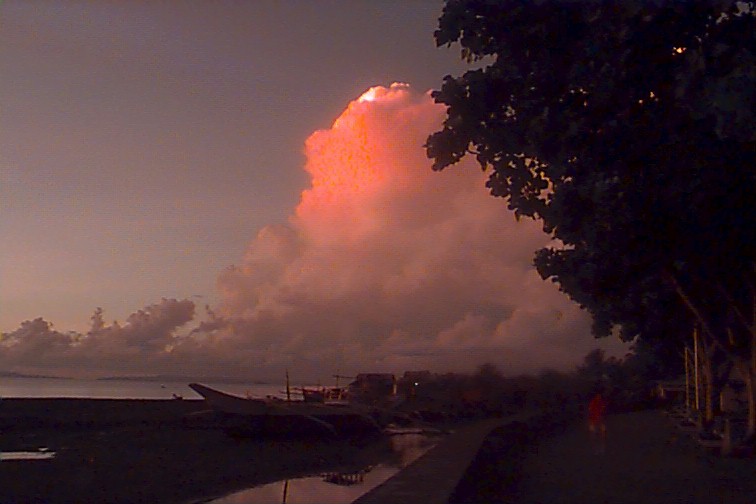The Seminary education has been questioned from time to time. In our times, it looked to be more scholastic and idealistic, and the priests appeared to have no touch of reality with the Christians. I sometimes doubt this thinking because the PME Fathers, who got the same training, are to me have been in touch with realities in Davao. They may claim to make mistakes, which to me were not mistakes, but weaknesses in decision making for lack of available information.
But there was a time in the Seminary that Latin was almost eliminated together with Philosophy. To me , this was a reaction at the other extreme. The latest approach of the Seminary education is to strike a balance between the need of solid philosophical and scientific backgrounds and the need for strong pastoral expertise.
I suggest that the Catholic Faithful be looked as customers or consumers (in the business lingo) who demand quality services from their clergy, and who would go to participate in quality services of the Church.

|
| The forces of former seminarians started, too, with the establishement of Saint Francis Seminary.They did not become priests.However, the seminary education has molded them unique personality , experienced only by very few men. This education in the fifties, in the sixties, and the seventies,is the best bargain they got by participating in the pioneering days of the seminary. They are never going to forget the learning experiences. The ex-seminarians and the ex-priests may be able to bridge the gap for a genuine christian understanding and witnessing of the temporal-secular world and the world of eternal life. |
The Agustinian Recollects and the Jesuits opened up Mindanao to the map of the Christian world. Nevertheless, the PME fathers were the developmental pioneers of the Catholic Church in Davao. After 50 years, this Church is new compared to the communities in the Visayas and Luzon.A new breed of Christian is developed in Davao, unique in the Philippines with the advent of technologies in Agriculture, Sciences, Computer technologies and big businesses in Mindanao.
The Catholic Church has grown. The population has increased tenfold. So, also the proliferation of religious sects. A town in Davao could have as many thirty to forty diffferent religious sects. We will not see this many in the Luzon and in the Visayas regions. The bigger ones are the Iglesia ni Cristo, Aglipay Chruch, the American protestantism in the Baptist and Episcopalian churches, and newer Mormon Church. The Filipino cultures both Christian and Tribal demonstrate a very strong sense of religiosity among the Filipino People.
(This is the sole opinion of JP Mercado:Updated by JP Mercado 4/30/2000)


